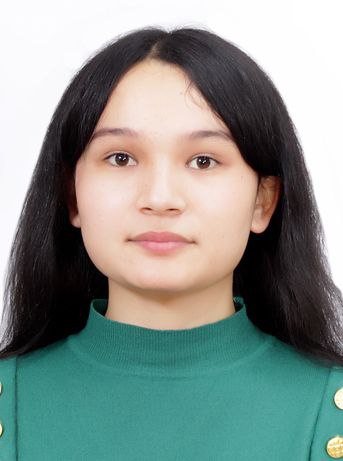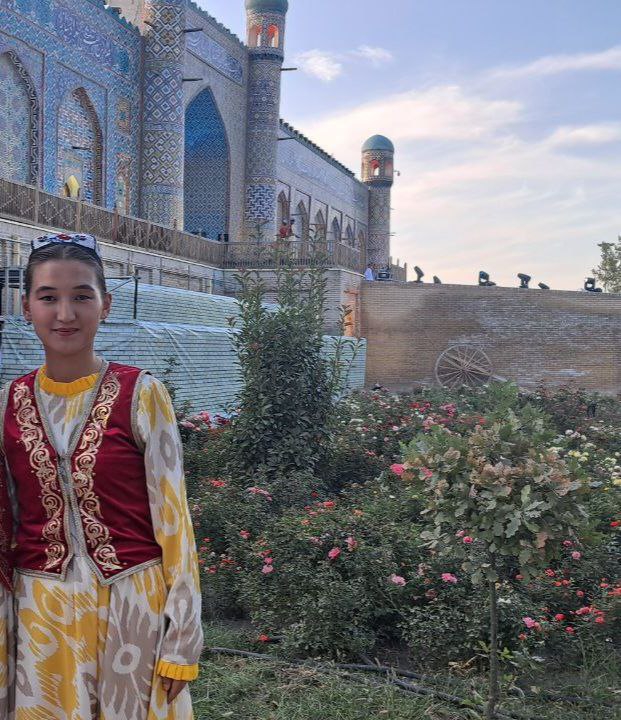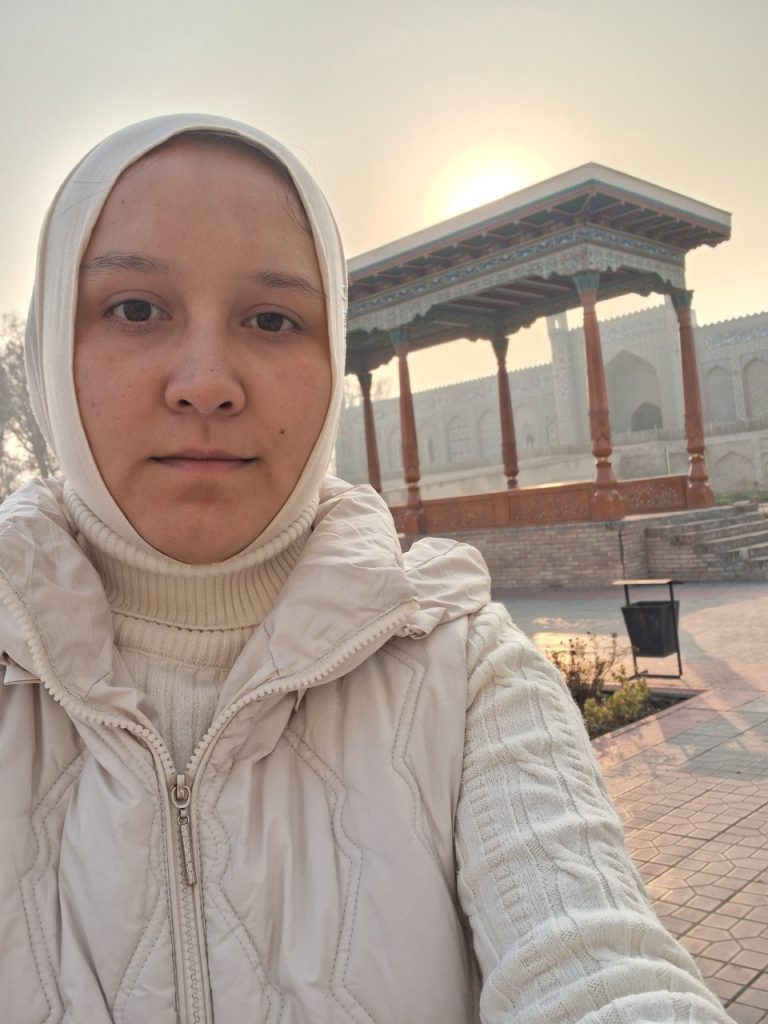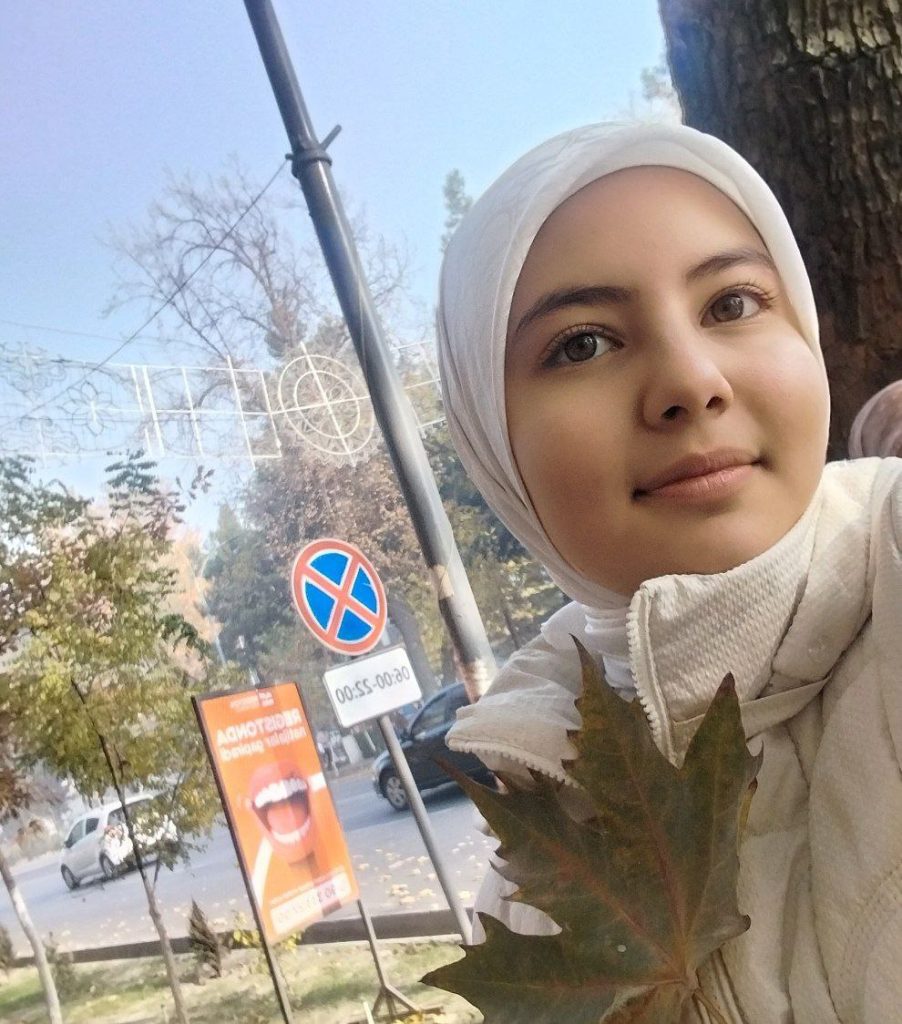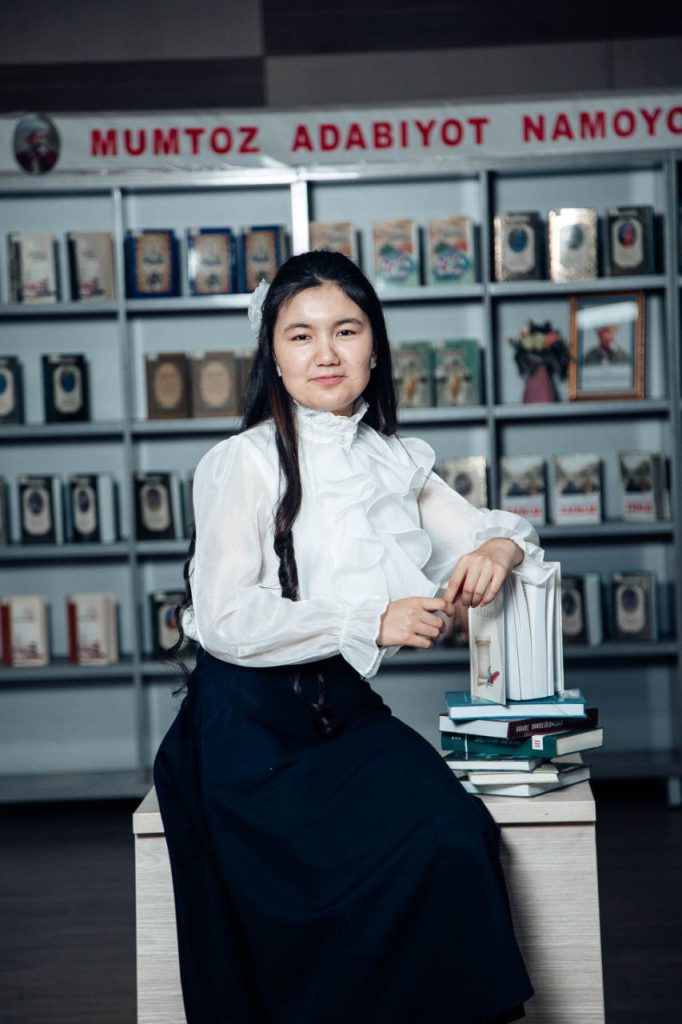
1st-year student in the Oligophrenopedagogy program,
Faculty of Pedagogy and Psychology,
Qo‘qon State University
OLIGOPHRENIC CHILDREN: FEATURES OF PSYCHIC DEVELOPMENT AND PROBLEMS IN EDUCATION
Abstract: This article analyzes the concept of oligophrenic children, their features of mental development, and the problems they face in the educational process from a scientific perspective. The study examines cognitive activity, thinking, memory, attention, and speech delays in oligophrenic children, as well as the special pedagogical methods applied to their teaching and upbringing. Methodologically, the article is based on theoretical analysis, observation, and comparison methods. The results indicate that early identification of oligophrenic children, the use of individualized programs, and special approaches effectively ensure their development and social adaptation.
Keywords: oligophrenic children, special pedagogy, psychology, oligophrenopedagogy, mental development, corrective exercises, pedagogical methods.
Introduction: In today’s society, the socio-economic development imposes new and responsible tasks on the education system. In particular, identifying children with intellectual disabilities and effectively organizing their educational process remains a pressing issue. Inadequate consideration of the psychic and individual characteristics of oligophrenic children during teaching leads to reduced educational effectiveness and prevents children from fully realizing their potential.
Practical experiences show that, in many cases, oligophrenic children are obliged to study in general education institutions, which creates additional difficulties in their cognitive activity. Insufficient application of special pedagogical approaches and the lack of individualized educational programs exacerbate this problem. As a result, these children lose interest in learning, and their social adaptation process slows down.
Proper involvement of oligophrenic children in the educational process has not only pedagogical but also social importance. Scientific, systematic, and goal-oriented approaches are required to adapt them to society and prepare them for independent life. Therefore, it is essential to deeply study the features of mental development in oligophrenic children, identify the problems encountered in education, and develop ways to address them.
This article scientifically analyzes the concept of oligophrenic children, their levels of mental development, psychic characteristics, and the problems they face in the education process.
Methodology: In preparing this article, both theoretical and practical research methods were used to study the problems related to oligophrenic children. The methodological basis of the research relied on the scientific perspectives of special pedagogy, psychology, and oligophrenopedagogy. The study applied the method of analyzing scientific-pedagogical literature, which allowed a deep examination of the concept of oligophrenia, its causes, levels of mental development, and the psychic characteristics of oligophrenic children. Comparison and generalization of existing scientific sources were used to draw key conclusions on the topic.
Practically, the observation method was applied, which was crucial in identifying the cognitive activity, speech, behavior, and educational difficulties of oligophrenic children. The obtained data were processed using analysis and synthesis methods to ensure scientific validity. In addition, methods for evaluating pedagogical approaches and their effectiveness were used, allowing assessment of the importance of special techniques applied in teaching and upbringing oligophrenic children.
This methodology contributed to achieving the research objectives, scientifically substantiating the topic, and deriving practical conclusions.
Discussion and Results: The theoretical analysis and pedagogical observations showed that the specific features of mental development in oligophrenic children require a special approach in the educational process.
The study results indicate that cognitive processes in oligophrenic children—thinking, memory, attention, and speech—develop slowly, creating difficulties in mastering educational material. Therefore, traditional teaching methods alone are insufficient and may lead to additional stress and frustration.
It was found that methods based on visual aids, repetition, and practice-oriented activities are highly effective when working with oligophrenic children. Using visual materials, games, practical exercises, and real-life situations enhances children’s interest and ensures stable learning outcomes. Individualized lessons increase engagement, strengthen self-confidence, and positively influence social adaptation.
The study also shows that early identification of oligophrenic children and their placement in special educational institutions significantly improves learning outcomes. Special methods, including individualized programs, corrective exercises, and tasks aimed at developing labor and daily life skills, play a crucial role in fostering independent functioning. Furthermore, the teacher’s knowledge, experience, specialized training, and empathetic approach directly affect the social and psychological development of the children.
Observations also highlight the importance of social support from families and society. Family and pedagogical assistance together positively influence personal development, facilitate adaptation to society, and enhance self-awareness. Therefore, applying a systematic, scientifically based, and individualized pedagogical approach in teaching and upbringing is essential to achieving positive outcomes.
Overall, the analysis shows that scientifically based pedagogical approaches, individual programs, and special methods in working with oligophrenic children support cognitive development, prepare them for independent life, and successfully facilitate social adaptation. The teacher’s professional competence and family support play a critical role in this process.
Conclusion: Research and theoretical analysis indicate that scientifically based, systematic, and individualized approaches are the most crucial factors in working with oligophrenic children. The findings confirm that cognitive delays in thinking, memory, attention, and speech create educational challenges, and traditional teaching methods alone are insufficient.
Special pedagogical methods, including visual aids, practical exercises, repetition, individualized approaches, and labor-oriented tasks, are highly effective in working with oligophrenic children. These methods increase interest in learning, develop independent functioning, and enhance social adaptation. The teacher’s professional preparation, family support, and societal conditions directly influence child development. Early identification, guidance to special institutions, individualized programs, and systematic approaches in education maximize the development potential of oligophrenic children.
In general, applying scientifically based, individualized pedagogical methods not only improves educational effectiveness but also ensures social adaptation and preparation for independent life. Thus, further research, development of new effective methods, and practical implementation in the field of special pedagogy are urgent scientific and social tasks.
References:
V.S. Rakhmonova. Basics of Defectology and Logopedics. Tashkent, 1991
S.Sh. Aytmetova. Oligophrenopedagogy. Tashkent, 1996
C.Sh. Aytmetova. Features of the Mental Development of Students in Auxiliary Schools. Tashkent, “O‘qituvchi”, 1984
Sh. B. Akhmedov. Methods of Educating and Teaching Oligophrenic Children. Tashkent: O‘qituvchi, 2018
T. M. Boboev. Special Pedagogy and Corrective Education. Tashkent: Fan, 2020
A. R. Karimov. Oligophrenia and Mental Development Disorders. Tashkent: Ilm, 2019

